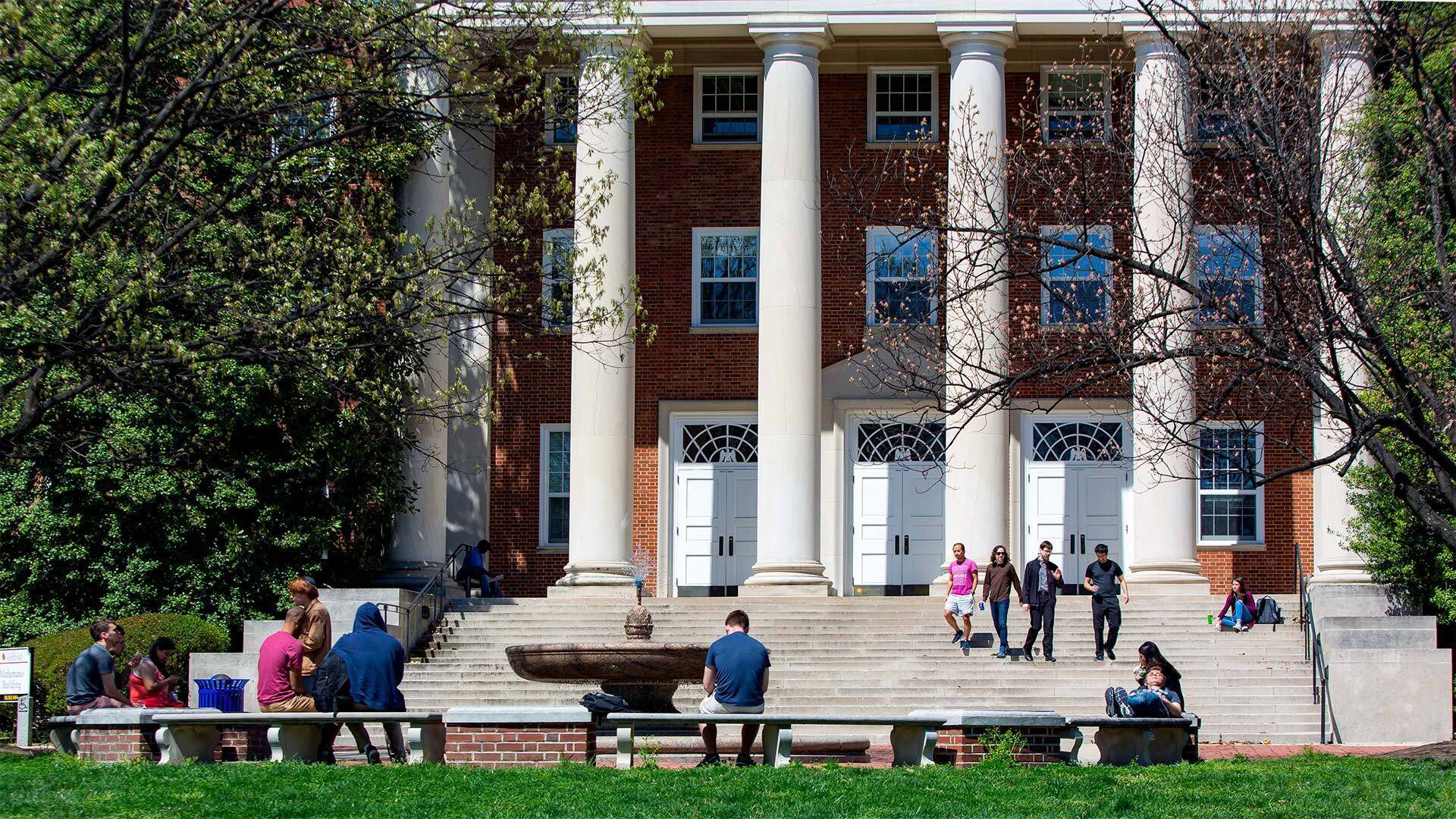- April 15, 2019
- By Maria Herd and K. Lorraine Graham
Two University of Maryland faculty members—a literary scholar and a computer scientist—are among the 168 scholars, artists and writers to be awarded 2019 Guggenheim fellowships.
Awarded by the John Simon Guggenheim Memorial Foundation, the fellowships recognize those “who have demonstrated exceptional capacity for productive scholarship or exceptional creative ability in the arts," and provide grants of six to 12 months so recipients can freely pursue their work.
 Mohammad T. Hajiaghayi, the Jack and Rita G. Minker Professor of Computer Science, is being awarded for his research in applied mathematics. He is one of only 13 Guggenheim fellows this year whose work is based in the natural sciences.
Mohammad T. Hajiaghayi, the Jack and Rita G. Minker Professor of Computer Science, is being awarded for his research in applied mathematics. He is one of only 13 Guggenheim fellows this year whose work is based in the natural sciences.
The fellowship will support his research on algorithms for big graphs and game theory. His algorithms, which are used by companies like Google and Amazon, analyze data sets with trillions of connections while accounting for user objectives and incentives.
“I want to keep working on solving real-world problems essentially,” said Hajiaghayi, who has an appointment in the Institute for Advanced Computer Studies (UMIACS).
His algorithms also help process large datasets on devices with a limited amount of fast memory—a smartphone or tablet, for example—or devices that are connected to a relatively slow external data source.
Mihai Pop, a professor of computer science and director of UMIACS, notes that Hajiaghayi’s research is forward-looking and beneficial to society. “Mohammad’s work in game theory can improve human-based decisions in areas like shared governance or organ donor exchanges.”
 Gerard Passannante’s Guggenheim Fellowship will support his research on how contemporary ideas about scale—or the relative size or extent of things—have roots in ancient arguments about the order of the universe.
Gerard Passannante’s Guggenheim Fellowship will support his research on how contemporary ideas about scale—or the relative size or extent of things—have roots in ancient arguments about the order of the universe.
In his project, "God is in the Detail," the associate professor of English will explore a variety of literary and philosophical discussions of scale—for example, ancient arguments about cosmic order, Hamlet’s musings on infinity, the discovery of calculus and the bodies of insects as seen through a microscope.
"It's about the history of the strategies we have for confirming that the world is secure and orderly—that 'everything’s fine'—in spite of what experience might say to the contrary," said Passannante. "It’s about finding evidence of order in the very smallest of things."
The phrase "God is in the details" suggests that the divine is evident in even the smallest of things, and Passannante chose it as his project title because it speaks to how questions of scale are caught up in questions about the order of the universe. He sees similar patterns emerging in contemporary thought, especially discussions of global warming.
"We live in a moment of profound ecological crisis, but we are dismayingly good at reassuring ourselves by finding order in small things," he said. "I want to create a historical lens through which to see our own practices of interpretation in another light."
